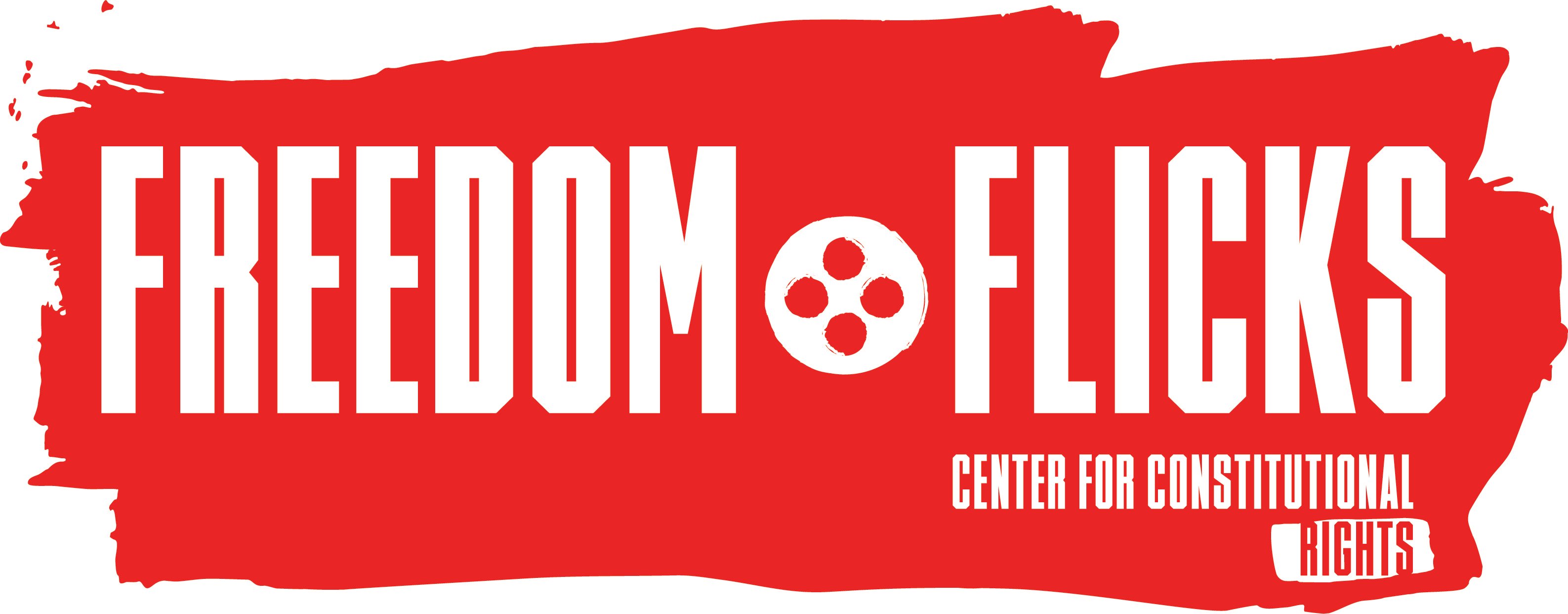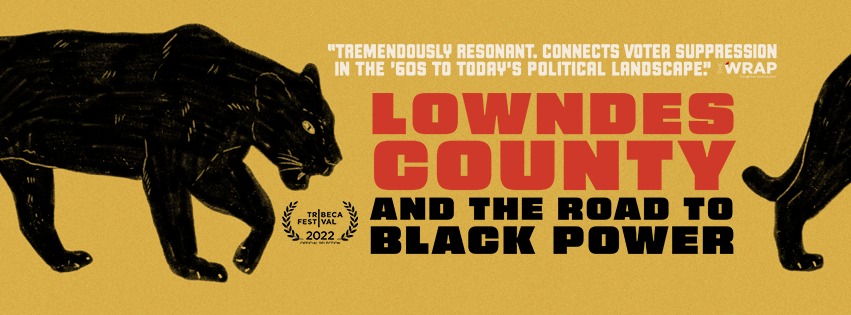Date
Location

Join the Center for Constitutional Rights, Greater-Birmingham Alliance to Stop Pollution, Greater Birmingham Ministries, and People's Budget Birmingham for a Birmingham, AL screening of Emmy-winning Lowndes County and the Road to Black Power, followed by a discussion with Southern organizers from the 1960s and the present, as well as the film’s producer, about the ongoing and renewed fight to protect the power of civic and community engagement, democracy, and right to vote.
Learn more about the Center for Constitutional Rights' work and our deepened, renewed institutional commitment to liberatory movements in the South through our Southern Regional Office by visiting our Southern Justice Rising page.
The event is free and open to the public, but please register to hold your spot. We strive to host inclusive, accessible events that enable individuals to engage fully. Please email [email protected] if you have any questions regarding access needs. Since seating is limited, please arrive early! If you’re no longer able to attend, please let us know by emailing [email protected].
Reverend Wendell Paris, former Student Nonviolent Coordinating Committee (SNCC) field secretary and Pastor at New Hope Baptist Church in Jackson, Mississippi
Jilisa Milton, Co-Director, Advocacy & Strategic Partnerships, Greater-Birmingham Alliance to Stop Pollution
Anya Rous, Vice President of Multitude Films and Producer, Lowndes County and the Road to Black Power
Gabriel Cabán Cubero, Executive Director, People’s Budget Birmingham
Moderated by Jessica Vosburgh, Senior Staff Attorney, Center for Constitutional Rights Southern Regional Office

About Lowndes County and the Road to Black Power
The passing of the Voting Rights Act of 1965, which prohibited racial discrimination in voting, represented the beginning of a new, crucial chapter of the Civil Rights Movement - namely the need to ensure it was being implemented. Nowhere was this next battle better epitomized than in Lowndes County, Alabama. This was a community that, at the time, was 80 percent Black but had zero Black voters due to violent and systematic voter suppression.
Through first person accounts and searing archival footage, Lowndes County and the Road to Black Power tells the story of the local and Student Nonviolent Coordinating Committee (SNCC) organizers who fought not just for voting rights, but for Black Power in Lowndes County.

